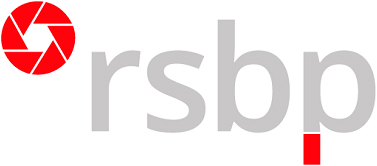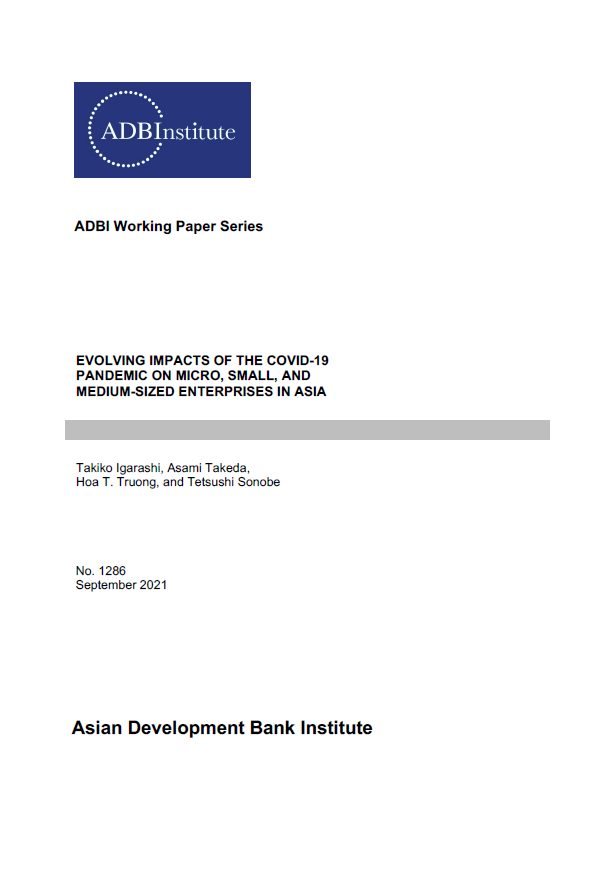
- Details
"Since the first quarter of 2020, micro, small, and medium-sized enterprises (MSMEs) in developing countries have faced significant hardship due to the economic shocks related to the COVID-19 pandemic. Questions arise, however, regarding the extent to which MSMEs’ hardship has varied between sectors and between countries over time, whether it is gender neutral, whether the digitalization of MSMEs could alleviate it, and whether government support has reached MSMEs." Authors aim to "answer these questions using new survey data from eight developing Asian countries around the middle and toward the end of 2020." They "found a wide variation in the severity of and responses to the pandemic impacts on MSMEs between sectors and between countries. Turning to common trends, significant findings were as follows. First, MSMEs’ sales and non-permanent employment tended to recover toward late 2020. Second, despite the general trend, the pandemic shocks concentrated on hard-hit industries, such as food processing, textiles, tourism, food and drink services, and education, which even deteriorated in the second half of 2020.

- Details
GIZ has prepared a comprehensive toolkit on women's financial inclusion. "The purpose of this toolkit is to help practitioners working in developing countries advance women’s financial inclusion and navigate the existing barriers.
The toolkit first provides you with an overview of women’s financial inclusion, its importance and benefits. Delving into project scoping, design, implementation, and measurement, it gathers tools, guidance, and project ideas.
Read more … Women’s Financial Inclusion Toolkit - Paving the way for women's economic empowerment
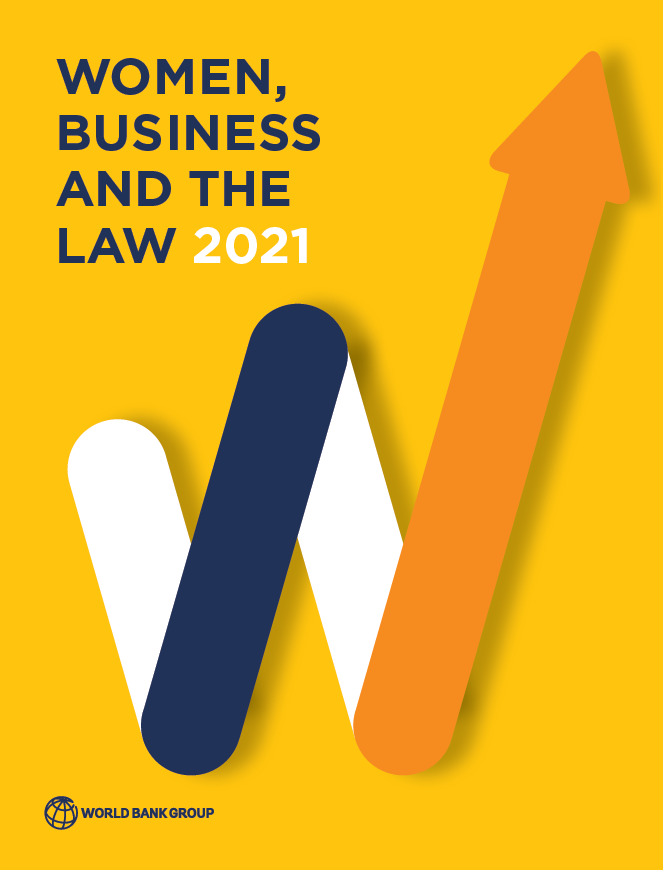
- Details
"Women, Business and the Law 2021 is the seventh in a series of annual studies measuring the laws and regulations that affect women’s economic opportunity in 190 economies. The project presents eight indicators structured around women’s interactions with the law as they move through their lives and careers: Mobility, Workplace, Pay, Marriage, Parenthood, Entrepreneurship, Assets, and Pension. This year’s report updates all indicators as of October 1, 2020 and builds evidence of the links between legal gender equality and women’s economic inclusion. By examining the economic decisions women make throughout their working lives, as well as the pace of reform over the past 50 years, Women, Business and the Law 2021 makes an important contribution to research and policy discussions about the state of women’s economic empowerment.
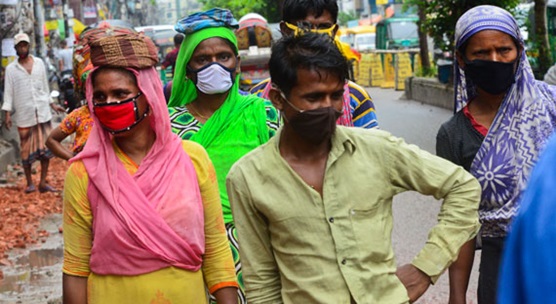
- Details
IMF published a new blog, which is part of a special series on the response to the coronavirus.

- Details
EBRD published a new episode of its Pocket Dilemmas podcast on “What does the coronavirus pandemic mean for gender inequality?”. Guest speakers and presenters discuss the effects of the pandemic on women and men.
The podcast can be accessed in English via the following link.
Image: EBRD. Pocket Dilemmas
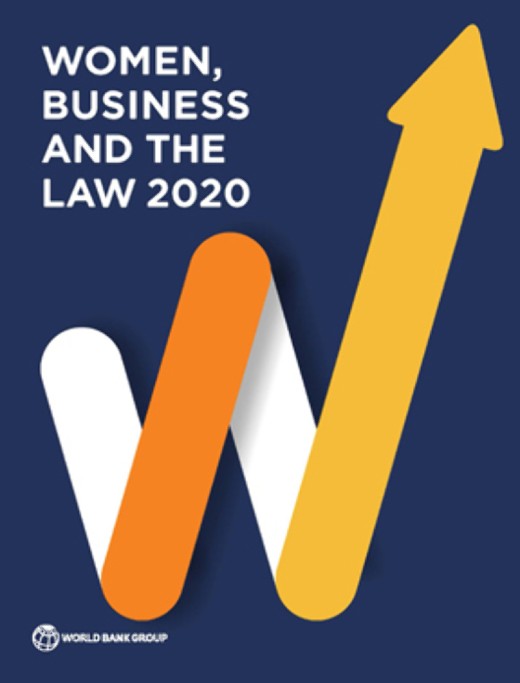
- Details
This World Bank publication analyses how law and regulations affect the economic inclusion of women across the globe. Eight various indicators are used to demonstrate differences from country to country. These indicators are Mobility, Workplace, Pay, Marriage, Parenthood, Entrepreneurship, Assets, Pension.

- Details
“DAMU” Entrepreneurship Develeopment Fund has prepared an overview of its work in the field of women entrepreneurship development. The document includes an overview of experiences and results of the partnership programmes with international financial institutions, such as EBRD, ADB as well as its own financing programmes.
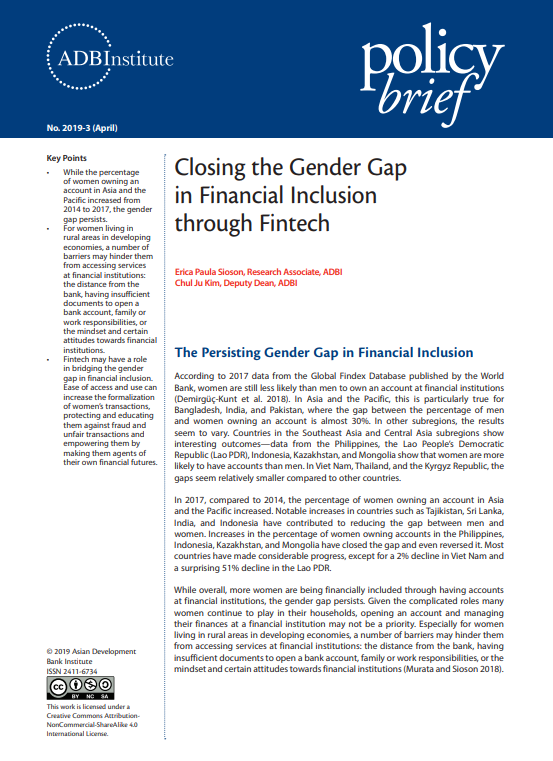
- Details
The publication released by the Asian Development Bank Institute stated that “while the percentage of women owning an account in Asia and the Pacific increased from 2014 to 2017, the gender gap persists”.
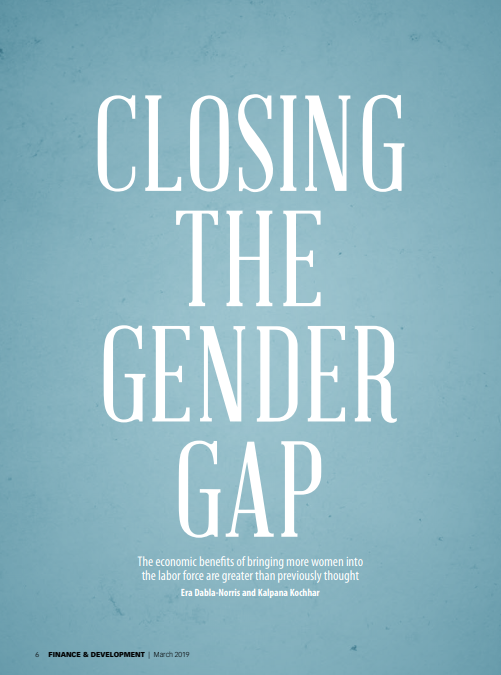
- Details
Women help economic growth, and growth in turn helps women, the world is now discovering. One of the issues of the IMF’s Finance & Development magazine, explores why empowering women is not just the right thing to do, it also makes economic sense.
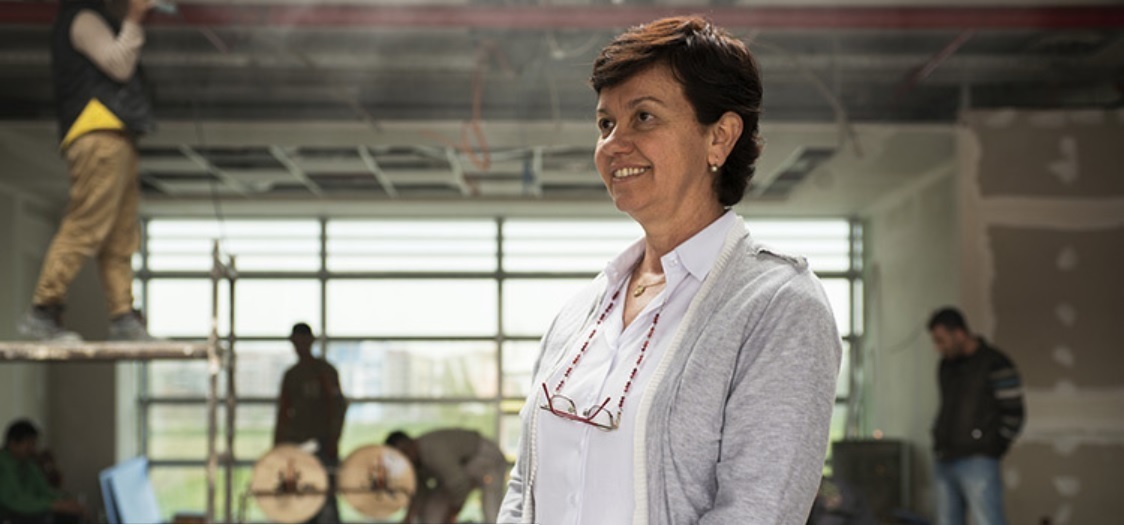
- Details
In this Pocket Economics podcast Charlotte Ruhe, Director for Financial Products within the EBRD’s Small Business Initiative, discusses challenges women entrepreneurs face, how women entrepreneurs can overcome challenges and make their business more successful as well as available support.

